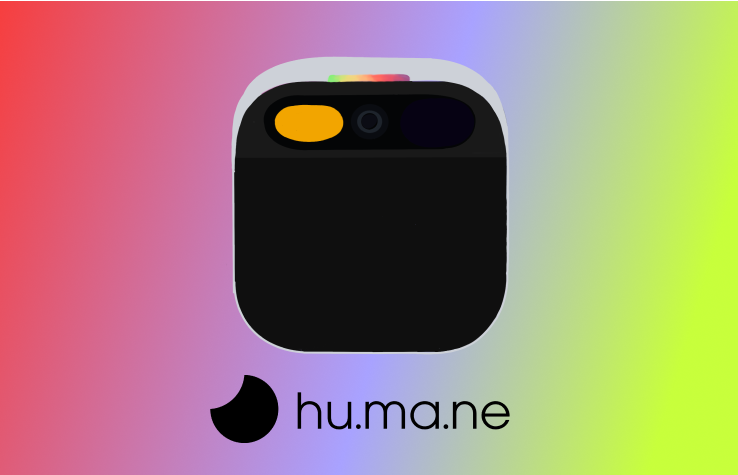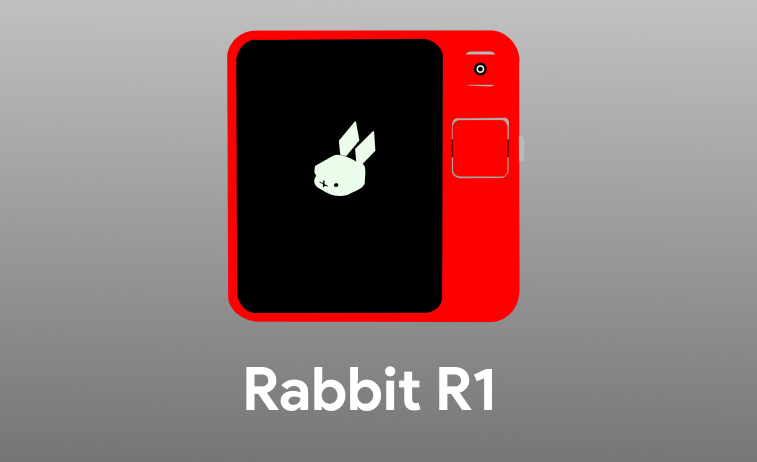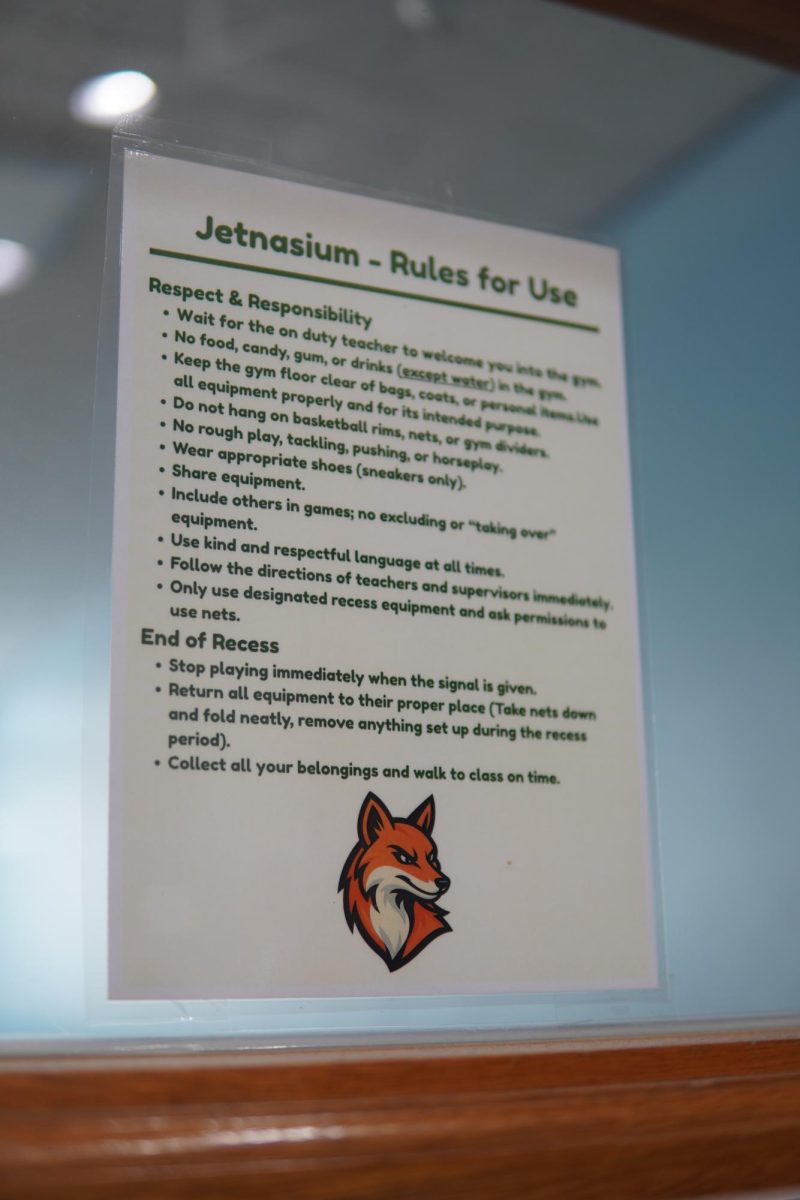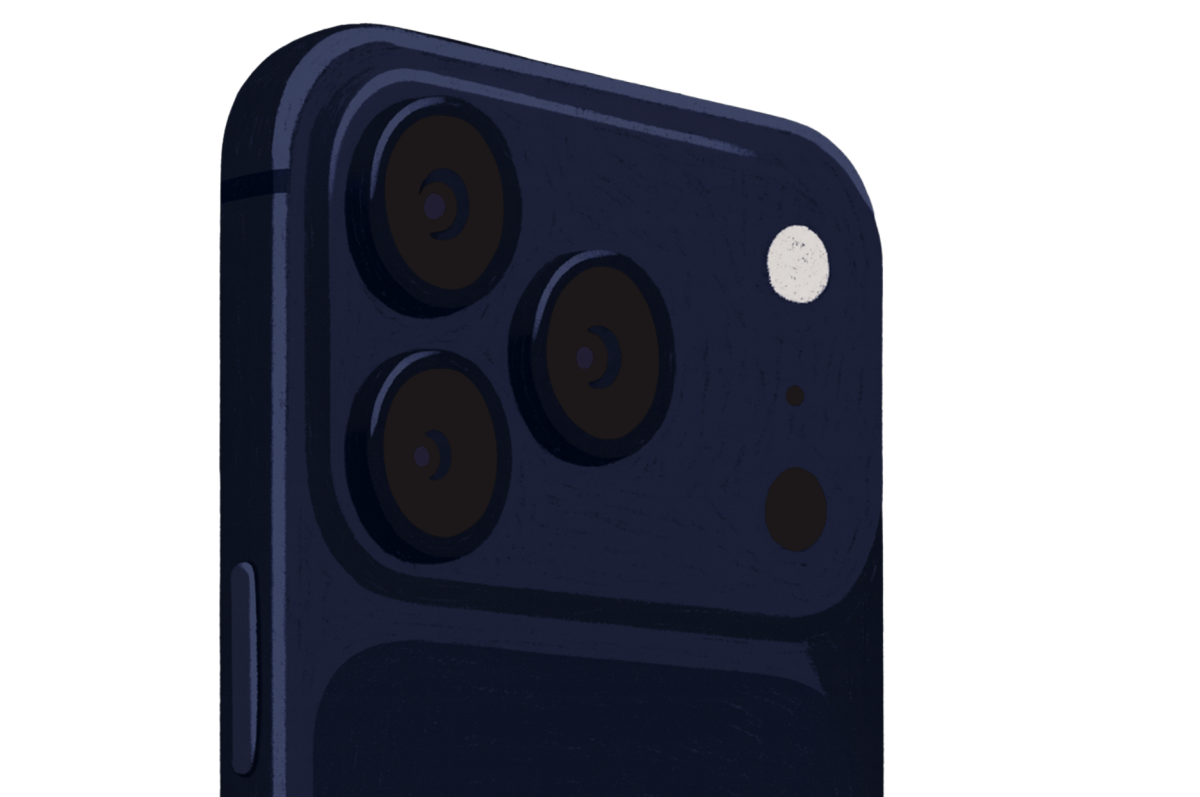AI (Artificial Intelligence) software refers to robust algorithms and code that operate within digital environments. When melded with products, these programs create potent interactive systems that stack up millions of dollars. In today’s fast-paced tech landscape, developers race against time to stay ahead of the trends. The Large Language Models (LLMs) ChatGPT gained its trend through human-like responses that resonated with users. The race for the best Artificial intelligence began, arousing numerous companies.

In 2024, consumer electronics startup Humane introduced the AI Pin, a wearable device designed to function independently of smartphones. The device projects a home screen onto the user’s hand and offers complete voice control, aiming to create a new hands-free, screen-free experience. The innovative concept drew interest from tech enthusiasts and media alike.
Despite its creative nature, the AI Pin lacks one of AI’s essential characteristics: practicality. Customers noticed that the device took longer to find an answer than an average web search on their phone. Even simple phone features took 2-3 minutes to process, such as calling, playing music, and much more. Tech YouTuber Marques Brownlee, with 19.2 million subscribers, even quoted the AI Pin as the worst product he’s ever reviewed.
Additionally, Humane marketed the product as a replacement for smartphones. However, Humane co-founder Imran Chaudhri failed to answer a critical question in a CNBC interview: “How does this product differentiate from smartphones?” In reality, the AI Pin lacks the essential features of a phone and comes with the burden of additional subscription services.

Rabbit R1, created by the start-up Rabbit, received similar reviews. Despite its cheaper price tag, critics encouraged consumers to use their phones and deemed it unnecessary. The “simplest computer,” Rabbit, as declared by its CEO Jessie Lyu, turned out to be the dumbest computer as it failed to handle simple requests such as playing music.
The program also faced concerns around a lack of innovation and privacy issues, as the system is an extension of Android software, infamous for security concerns. Android’s reputation for extensive data collection and vulnerabilities means that AI systems must address privacy robustly by implementing strong encryption, limiting data access, and complying with regulations like GDPR. Without such measures, trust in these AI systems erodes.
As the race to integrate AI into everyday life accelerates, the newest technology trend lacks preparation to take the lead. While AI can benefit our lives, its best role for now is enhancer rather than replacement. Traditional technologies like smartphones have a track record of being functional and reliable – placing AI within these devices is much easier and wiser than reinventing the wheel.
Ultimately, AI enables us to elevate our technology, but it is yet to become the hero. As developers and companies forge ahead, they must resist the temptation of overpromising and instead integrate AI where it truly adds value. After all, progress doesn’t always mean replacing what works; it means improving what we already have.



















































GG • Jan 23, 2025 at 6:33 pm
I think people tend to overrate AI these days.
Min Kim • Jan 23, 2025 at 6:29 pm
I thought that AI was taking over the world and might’ve been a hero to the world, but after reading this article, it seems like AI is losing their power. I hope you guys make more articles like these because it helps us know more about the world and what is happening with the AI system. GO JETS!!